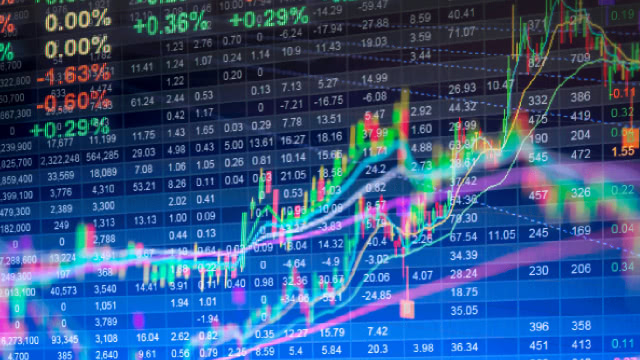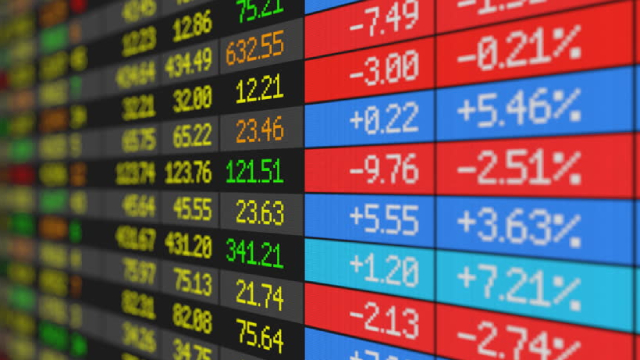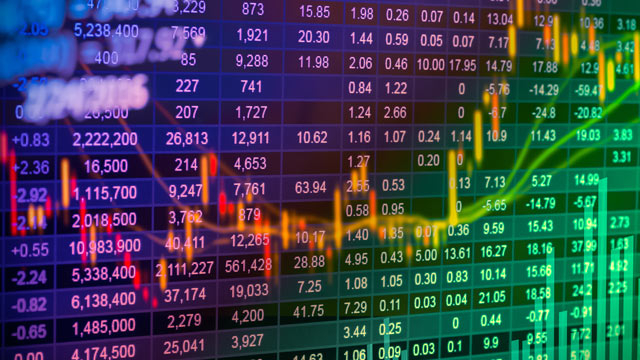VEA Stock Recent News
VEA LATEST HEADLINES
Rob Isbitts from Sungarden Investors Club talks again to analysts Julia Ostian, Jack Bowman, and Kenio Fontes. Market risks are rising as valuations stretch, yield curves steepen, and concentration in mega-cap tech increases vulnerability.
International stocks can be a great addition to any long-term portfolio because they can provide geographical diversification and protect against risks specific to the U.S. economy. And there are some excellent exchange-traded funds (ETFs) that can help you get exposure.
Vanguard is among the top exchange traded fund (ETF) providers, and actually was a pioneer of this industry.
For investors in the United States, it's pretty easy to get overexposed to domestic stocks. These are the brands that you're most used to and the companies that you see every day.
VEA is essential for long-term, cost-efficient diversification, offering exposure to non-U.S. developed markets with minimal overlap and ultra-low fees. Blending VEA with U.S. equities smooths returns, reduces risk, and captures leadership rotations that single-region portfolios miss. VEA's broad sector and geographic diversification, low concentration, and Vanguard's scale make it structurally superior to international ETF peers.
Core U.S. equity and U.S. fixed income ETFs were up 2%-3% year-to-date through mid-June. Such modest performance has led many advisors to look for diversification benefits through other investments.
It's a chaotic time in the market, that's for sure. The roller-coaster ride of 2025 has left many investors feeling confused and not a little bit fearful.
Congratulations to Vanguard, which is celebrating its 50th anniversary today. Vanguard is well-known for making investing more accessible, affordable, and efficient for investors over the past 50 years.
If you want to make money on popular ETFs this year, there's one key strategy — avoid the S&P 500.
The United States is the world's leading economy, a position it has held for many years. That's probably not going to change anytime soon, but that doesn't mean things are rosy.









